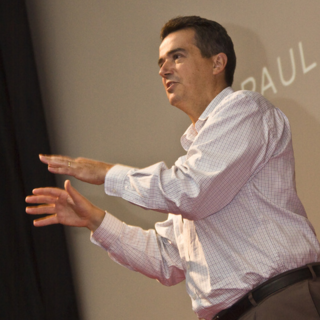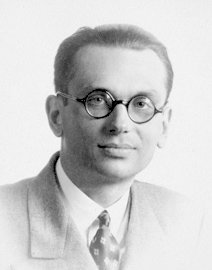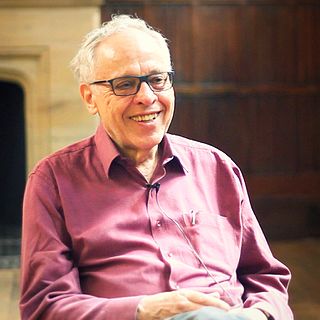A Quote by Paul Gilding
Thanks to those pesky laws of physics, when things aren't sustainable, they stop.
Quote Topics
Related Quotes
A scenario is suggested by which the universe and its laws could have arisen naturally from nothing. Current cosmology suggests that no laws of physics were violated in bringing the universe into existence. The laws of physics themselves are shown to correspond to what one would expect if the universe appeared from nothing. There is something rather than nothing because something is more stable.
The formation in geological time of the human body by the laws of physics (or any other laws of similar nature), starting from a random distribution of elementary particles and the field is as unlikely as the separation of the atmosphere into its components. The complexity of the living things has to be present within the material, from which they are derived, or in the laws, governing their formation.
Food, like anything else, lives in the physical world and obeys the laws of physics. When you whisk together some oil and a little bit of lemon juice - or, in other words, make mayonnaise - you are using the principles of physics and chemistry. Understanding how those principles affect cooking lets you cook better.
To the extent that we even understand string theory, it may imply a massive number of possible different universes with different laws of physics in each universe, and there may be no way of distinguishing between them or saying why the laws of physics are the way they are. And if I can predict anything, then I haven't explained anything.
We, however, want to become those we are--human beings who are new, unique, incomparable, who give themselves laws, who create themselves. To that end we must become the best learners and discoverers of everything that is lawful and necessary in the world: we must become physicists in order to be able to be creators in this sense--while hitherto all valuations and ideals have been based on ignorance of physics or were constructed so as to contradict it. Therefore: long live physics! And even more so that which compels us to turn to physics--our honesty!
Does man's freedom consist in revolting against all laws? We say no, in so far as laws are natural, economic, and social laws, not authoritatively imposed but inherent in things, in relations, in situations, the natural development of which is expressed by those laws. We say YES if they are political and juridical laws, imposed upon men by men.



































